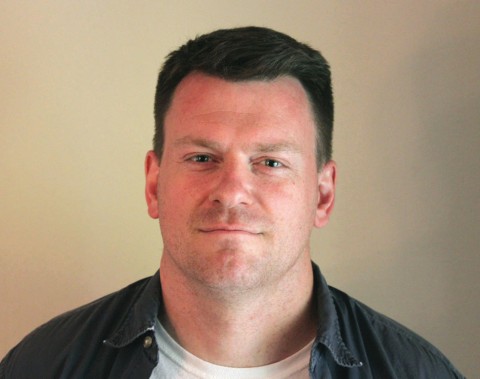A police officer’s view from street level
“At any given moment, I may need to be a psychologist, centurion, street lawyer, or soothsayer.”

Adam Plantinga has been a field training officer for the Milwaukee police department and is currently a sergeant for the San Francisco police. He went to Marquette University, where he studied literature and criminal justice. He is the author of 400 Things Cops Know: Street-Smart Lessons from a Veteran Patrolman.
You write in your book that being a cop “hammers the compassion out of you.” How does that happen?
There’s a 90-10 rule in law enforcement: 90 percent of people are decent, 10 percent aren’t, and as a cop you deal with that 10 percent about 90 percent of the time.




